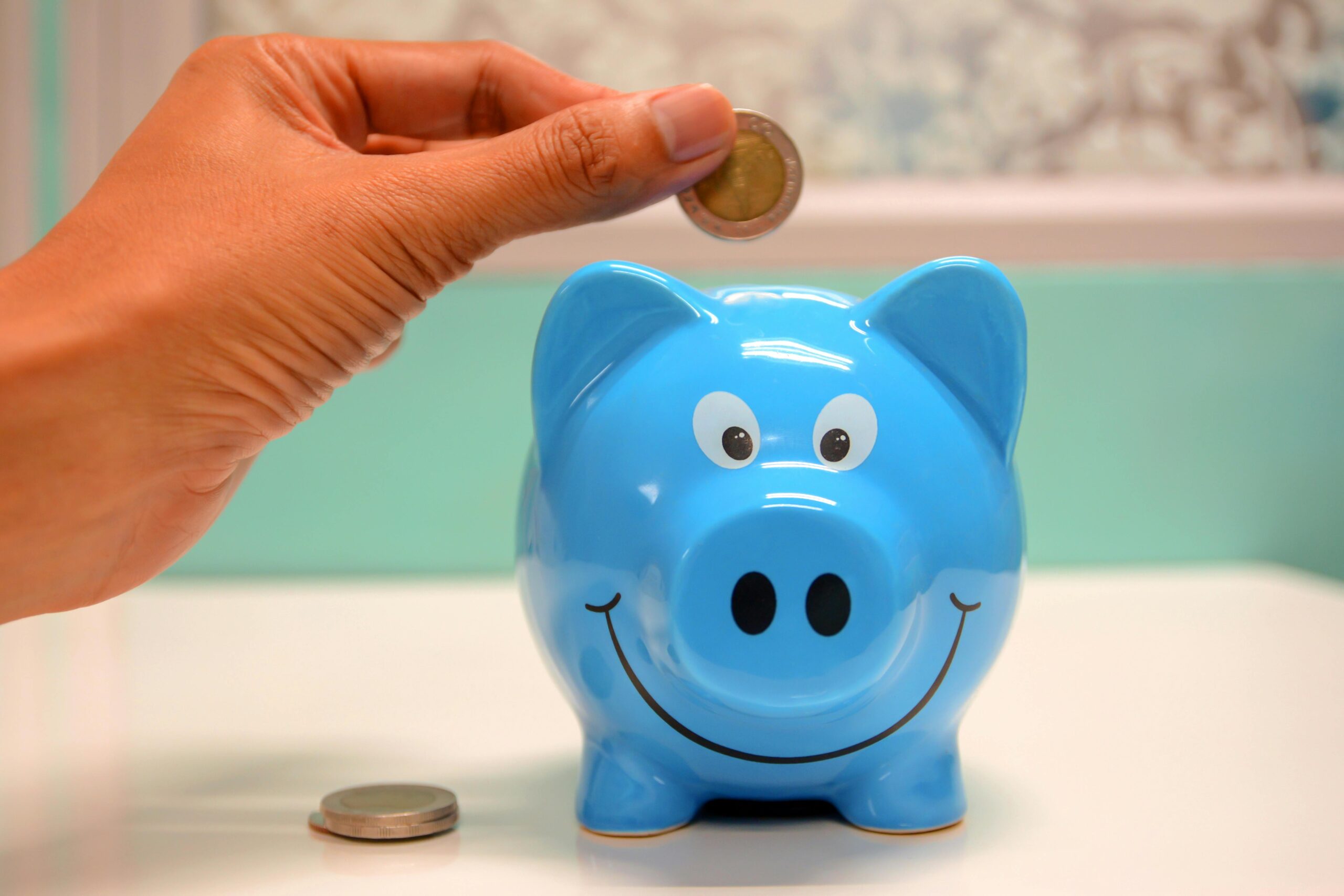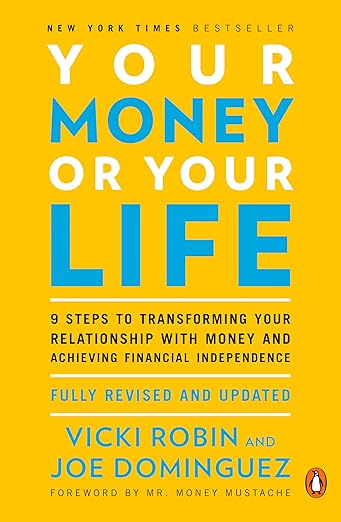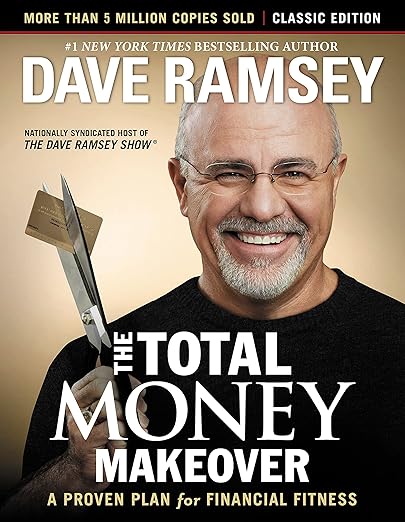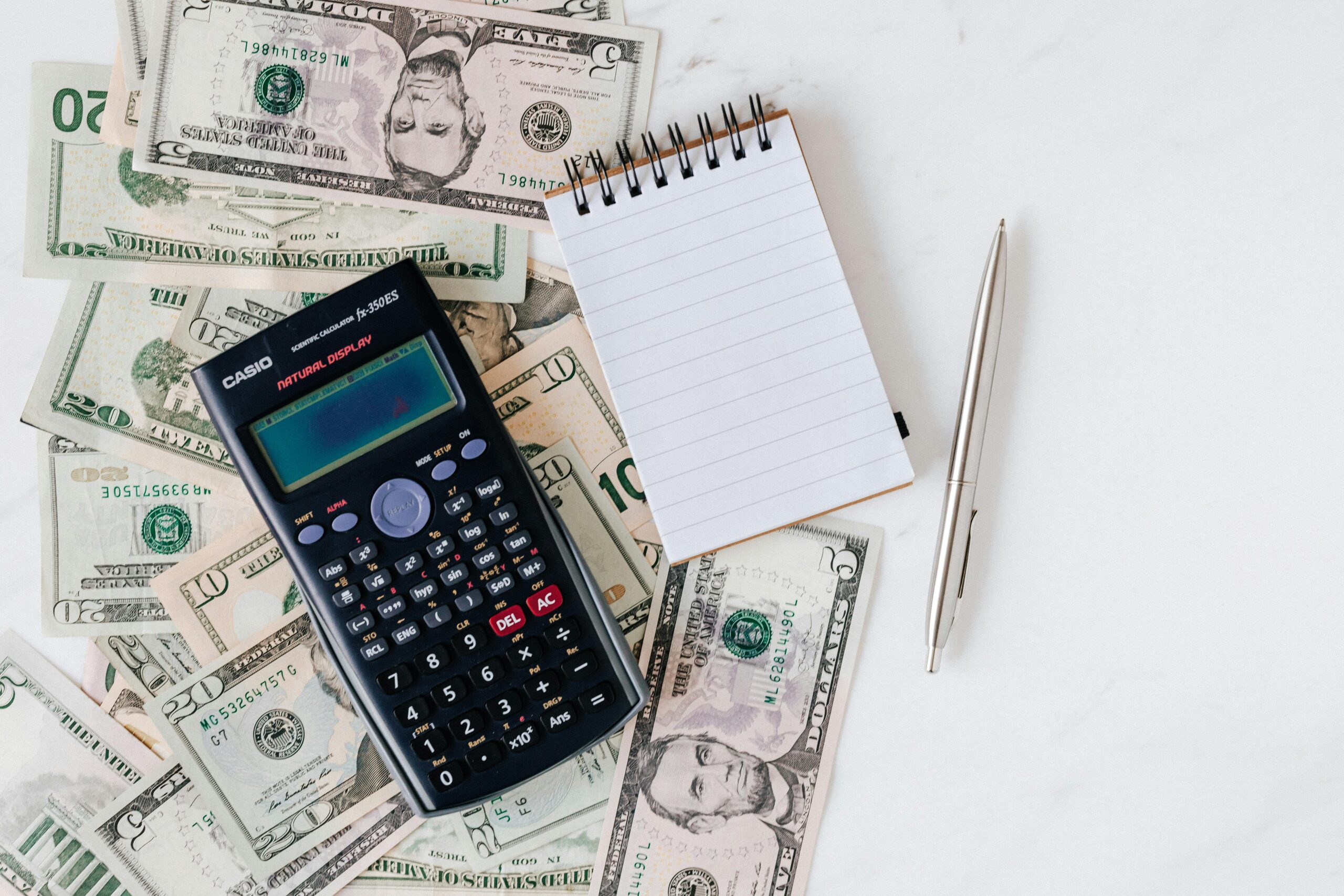Gambling can leave more than just a dent in your wallet—it can shake your confidence, disrupt your relationships, and make you question your ability to manage money. But here’s the truth: no matter how far off track things may feel, you can start fresh. And one of the most powerful ways to do that is by taking control of your finances—starting with rebuilding your budget after gambling. This guide isn’t about judgment or guilt. It’s about practical steps, emotional healing, and tools that can help you rebuild your financial life with clarity and confidence. Whether you’ve recently stopped gambling or are still navigating recovery, this is your roadmap to a more stable, empowered future.
A quick note: certain links on this page are affiliate links. If you buy through them, High Stakes Healing may receive a small commission. This helps keep the website running and continue offering free recovery resources. We only share tools and books we trust to help you heal.
Why Rebuilding Your Budget After Gambling Matters
When you’ve been through the emotional rollercoaster of gambling, money can feel like a source of stress or even fear. Budgeting helps shift that dynamic. Rebuilding your budget after gambling helps in giving you back your confidence. It gives you structure, visibility, and a sense of control—three things that are essential for healing.
Here’s what a thoughtful budget can do for you:
- Help you understand where your money is going
- Prioritize essentials like rent, food, and debt repayment
- Create space for savings, even if it’s just a little at a time
- Reduce anxiety by replacing chaos with clarity
Budgeting isn’t about restriction—it’s about freedom and part of a very important step for gambling debt recovery. It’s the foundation for rebuilding trust in yourself and your financial decisions.
6 Practical Steps for Rebuilding Your Budget After Gambling
Step 1: Get Clear on Your Current Financial Picture
Before you can move forward, you need to know where you stand. This step can be uncomfortable, but it’s also incredibly empowering. Think of it as taking inventory—not to dwell on the past, but to prepare for what’s next.
What to do:
- List all sources of income (salary, freelance work, benefits, etc.)
- Write down all your debts, including credit cards, loans, and personal IOUs
- Review your bank and credit card statements from the past 2–3 months
- Identify spending patterns, especially around gambling-related expenses
Step 2: Build a Budget That Works for You
Forget complicated spreadsheets or rigid rules. The best budget is one that fits your life and evolves with you. Start simple and focus on consistency.
Money Tracking Made Simple
Recovery isn’t only emotional—it’s financial too. PocketSmith helps you track expenses, manage goals, and make peace with your money again.
If your debt is high or income is tight, you can adjust the percentages. The goal is to create a plan that feels doable—not perfect.
For many people in recovery, budgeting is not just about numbers — it’s about healing the relationship with money itself. If you’d like a deeper dive into how financial planning can be reframed as an act of self-compassion and dignity, explore our guide on budgeting after addiction explained with compassion. It offers practical steps alongside emotional insights to help you see budgeting as a supportive tool rather than a source of stress.
Step 3: Use Tools That Support Your Progress
You don’t have to do this alone. There are powerful tools designed to help you stay on track, automate your goals, and reduce the mental load of managing money.
- YNAB – Helps you assign every dollar a job and plan ahead.
- Qapital – Automates savings based on your habits and goals.
- Tally – Simplifies credit card payments and reduces interest.
- Monarch Money – Tracks your net worth and spending in real time.
These tools can help you stay focused, reduce stress, and celebrate small wins along the way as you continue the process of rebuilding your budget after gambling. See our community-based recovery supports included in the toolkit.
Step 4: Understand and Manage Emotional Triggers
Gambling often isn’t just about money—it’s about emotions. Stress, boredom, loneliness, or the thrill of risk can all play a role. That’s why financial healing also requires emotional awareness.Strategies That Help:
Therapy Made Accessible
You don’t need to travel or wait for appointments to get help. Online-Therapy.com makes professional counseling available anytime, anywhere, tailored to your recovery journey.
- Track your triggers: Keep a journal of when you feel the urge to gamble or overspend (download journal here)
- Practice mindfulness: Even 5 minutes a day can help you pause and reset
- Seek support: Therapy, support groups, or recovery communities
- Replace the habit: Find healthier ways to cope—like walking, journaling, or creative hobbies
Step 5: Set Small, Achievable Goals
Big goals like “pay off all my debt” or “save $1000” can feel overwhelming. Instead, break them down into bite-sized wins that build momentum and confidence.
Books That Heal Your Finances
Sometimes, the right book can feel like a trusted companion in recovery. Our Books for Financial Recovery page gathers hand-picked titles taking control of your finances for your future.
- Save $10 this month
- Cook at home 4 nights a week
- Pay an extra $50 toward your smallest debt
- Go 30 days without gambling
Each small win is a step toward a more stable, empowered you.
Step 6: Review and Adjust Regularly
Your budget isn’t a one-time project—it’s a living tool. Set aside time each month to check in, reflect, and make adjustments while you are rebuilding your budget after gambling.
Ask Yourself:
- What worked well this month?
- Where did I overspend—and why?
- What can I improve next month?
- What’s one thing I’m proud of?
Explore Our Complete Recovery Toolkit
Looking for support beyond articles and stories? Visit our Recovery Tools & Resources page — where you’ll find therapy apps, budgeting tools, mindfulness practices, recovery workbooks, and more to help you rebuild after gambling addiction.
Final Thoughts on Rebuilding Your Budget After Gambling: You’re Not Alone—And You’re Not Broken
Starting over financially after gambling isn’t easy—but it is absolutely possible. You’re not defined by your past. You’re defined by the choices you make today.
Budgeting is more than a financial tool—it’s a form of self-respect. It’s how you rebuild trust in yourself, one decision at a time.
You’ve already taken the first step by being here. Keep going. You’re worth the effort.
Related Reading:
- Gambling Debt Repayment Strategies
- Daily Financial Habits that Strengthen Emotional Resilience
- How recovery helped me overcome gambling debt








